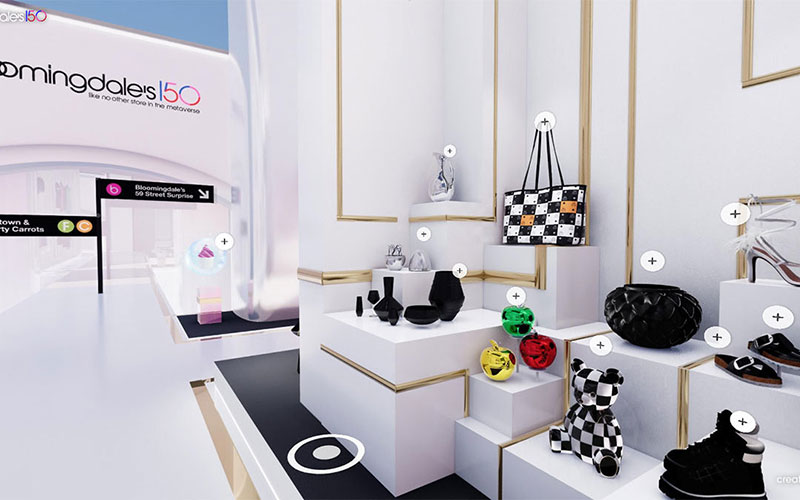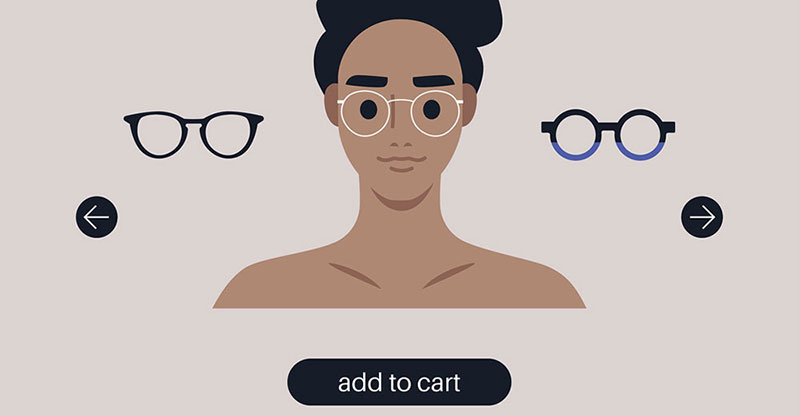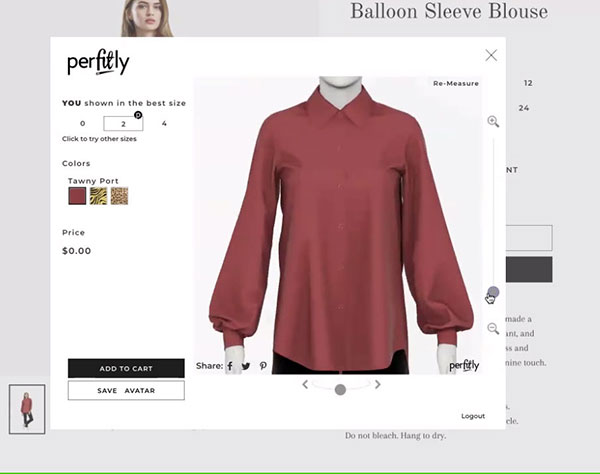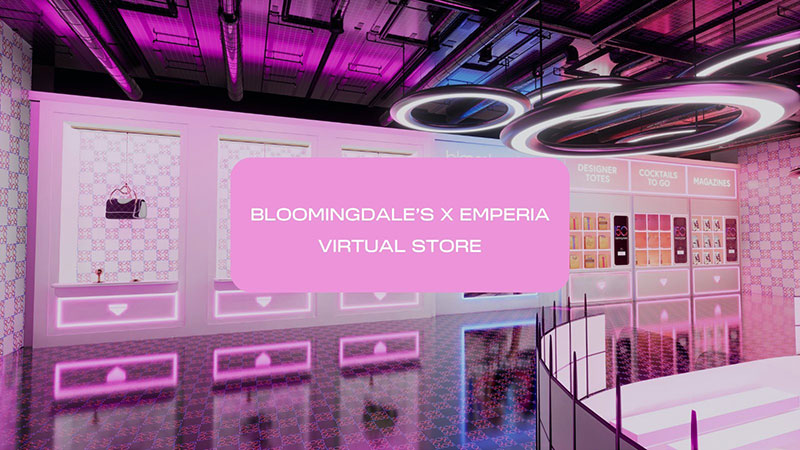VR Platforms Offer Metaverse-Style Online Shopping Options
Just as human nature seems to never feel satisfied, so consumers also continue to try to find other options that make the virtual shopping process easier.
This was quickly captured by Emperia and Perfitly, two companies that develop a metaverse-style virtual platform that is believed to make e-commerce more attractive thanks to the presence of a 3D virtual showroom or storefront, as well as an accurate and efficient online fit room.
Online Shopping Through VR Platforms
Emperia, which has been active in online shopping services for several brands, has begun to realize the involvement of virtual reality (VR) technology that allows customers to try products such as lipstick and clothing.

With the VR platform it developed, Emperia saw a +73% increase in conversion rate, +92% engagement time and 75% trial clicks. Customers from Emperia achieved an ROI of 459% and their participation in the virtual showroom lasted a minimum of 14 minutes.
On the other hand, Perfitly, which owns an augmented reality/virtual reality (AR/VR) platform for clothing e-commerce, creates 3D body imagery using a mobile app so shoppers get a more accurate view of how clothes match their avatar's body image.
The company's goal for this virtual shopping platform is to achieve a 20% increase in conversions resulting in at least 50% sales. So far the benefits they have received have far exceeded the target.
"Perfitly's drive to take advantage of its metaverse-style online shopping service comes with the realization that traditional assets cost the apparel retail industry around 30% of its primary revenue for shoppers looking for the right fit," said Raghav Sharma, advisor and co-founder of Perfitly. -Commerce Times.
The Future Online Shopping Reality
Olga Dogadkina, CEO of Emeria, spent about seven years in the fashion world, from retail to wholesale to owner. What he found consistently with all brands was how much they struggled with different types of trial experiences.

Today's physical stores are all about customer service, product discovery, and just really finding out more about brands. But online shopping is a page full of lists.
"Shoppers view those 15 product pages and they don't want to see any more products or clothes. If we make online shopping more streamlined and user-friendly, wouldn't it be better to just sit at home and shop at ease?" he thought to the E-Commerce Times.
Emeria's alternative options and platforms seek to outsmart this and it allows shoppers to learn more about the product and brand visually. Virtual showrooms give customers an understanding of the brand and the feel of the experience they usually get in a physical store.
The Emeria platform creates a virtual environment that mirrors its brands. This has brought him into the metaverse era and moving towards the most anticipated version of e-commerce as the future of online shopping reality.
No Need Extra / Special Equipment
Amazingly, the two virtual platform designs from Emeria and Perfitly do not require the use of special or additional equipment for merchants or consumers when making transactions. Virtual showrooms and 3D locker rooms don't require the same hardware as VR/AR games.
Customers shop in virtual stores with an experience that is directly integrated into the visual appearance of the website. Buyers only need mobile access or a standard web browser.

Users can navigate through the virtual shop, click on all the different products, and view them in 3D. They search for the content they want, view the merchandise in the virtual showroom, then try it, then checkout directly using the checkout process available via the website.
Virtual Engagement Increasing
Today's online retail experience is becoming more customized with better virtual shopping interactions with customers. While Emperia concentrates on virtual showroom experiences, Perfitly emphasizes enhanced virtual fitting room experiences.
Perfitly's platform is AI-driven to make interactions for customers look like a real fitting room experience. The result is a better visualization of how the material responds to certain body shapes and movements.
The process begins with the shopper creating their avatar for the fitting room. Upload multiple personal photos or enter specific measurements. This allows people to see how each outfit will fit and look on her unique body.
The e-garment creation of selected clothing products is "e-stitched" to create 99% accurate 3D replicas of each physical clothing item, according to Perfitly. Virtual clothing includes all fabric properties such as density, weight, stiffness, stretch and friction.

Through Perfitly's video demo, customer avatars can be seen wearing selected clothing items. The animation displays the result of changing the size element based on the fabric material. For example, modifying the bust size in the view shows the shirt pulled in the buttons and the waistline.
Shoppers get an in-store fitting room experience in Perfitly's virtual space. This makes shoppers confident and happy with their online purchases. In turn, this can lead to higher shopping conversions, lower returns, and increased satisfaction and brand loyalty.
The virtual store experience is all about engagement, navigating through spaces, and creating brand discovery and conversion channels. Virtual experiments allow people to actually interact with the product. Different platforms enable engagement in unique ways to create virtual trials. Each solution depends on the type of retail product involved.


